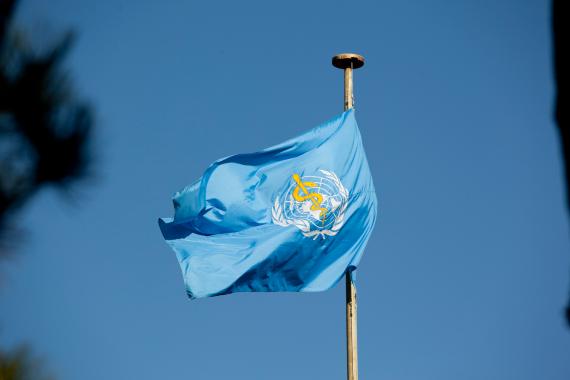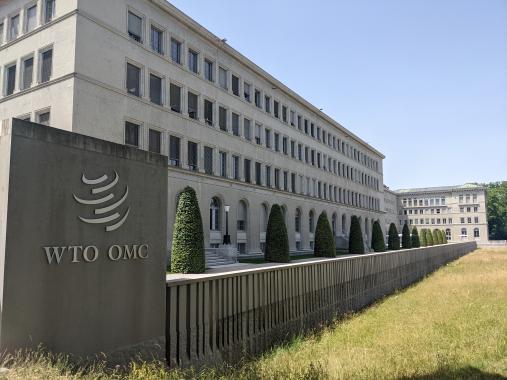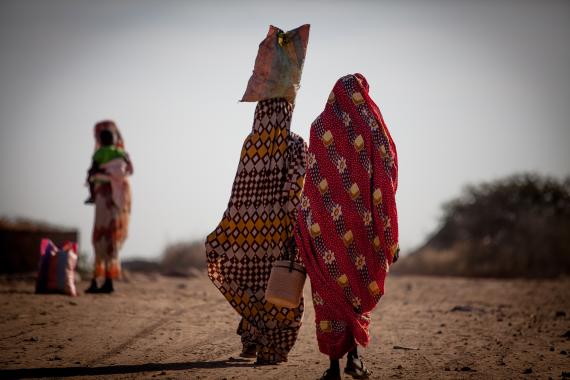Country Reports
Short political reports of the KAS offices abroad
The Konrad-Adenauer-Stiftung is a political foundation. Our offices abroad are in charge of over 200 projects in more than 120 countries. The country reports offer current analyses, exclusive evaluations, background information and forecasts - provided by our international staff.
Event Reports
The Konrad-Adenauer-Stiftung, its educational institutions, centres and foreign offices, offer several thousand events on various subjects each year. We provide up to date and exclusive reports on selected conferences, events and symposia at www.kas.de. In addition to a summary of the contents, you can also find additional material such as pictures, speeches, videos or audio clips.
Map of the Month
The KAS Map of the Month
The "Map of the Month", a new series of the Multilateral Dialogue Geneva of the Konrad Adenauer Foundation, uses maps to illustrate global trends and the role of Germany and Europe in the world on a monthly basis.
Geneva Telegram
The ‘Geneva Telegram’ analyses and documents the processes in Geneva's multilateral organisations on current topics. The reports on multilateral issues draw on the expertise of the KAS Geneva team and external authors. The Geneva Telegram is supplemented by the Maps of the Month, which summarise the voting results of UN member states on selected topics.
Geneva Barometer
The ‘Geneva Barometer’ takes an occasional look at selected developments among international organizations based in Geneva.









